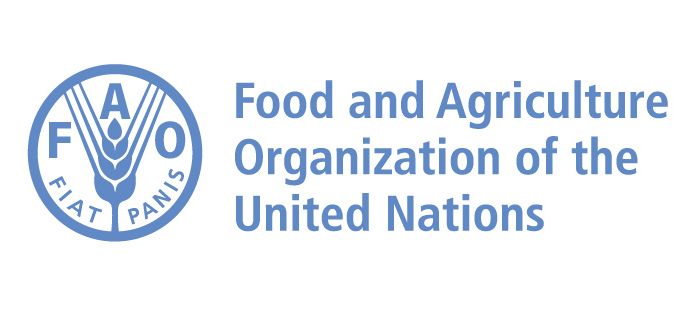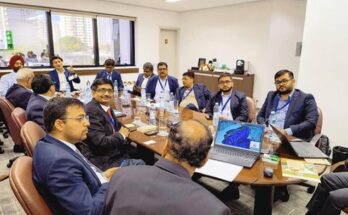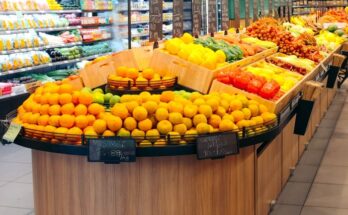It is fundamental to support smallholder and family farmers by enhancing their access to innovation for sustainable food systems and to foster sustainable development, FAO Director-General Qu Dongyu said today. He made the remarks during a discussion on Enhancing access to innovation in agriculture to achieve the Sustainable Development Goals (SDGs) at FAO headquarters in Rome.
“Innovation in agriculture is a way to enhance effectiveness, competiveness and resilience with limited land and other limited resources,” Qu said. However, the FAO chief noted that smallholder and family farmers, especially those in small island countries and other vulnerable regions, are facing enormous challenges and often have difficulties in accessing agricultural innovation. To remedy this, Qu called on research institutions and academia to seek new pathways to transfer their innovative outcomes to people who most need them.
The FAO Director-General also highlighted the need to promote new business models to make innovation accessible to millions of farmers, citing as an example FAO’s new Hand-in Hand Initiative. Through “matchmaking” the initiative aims to support development efforts in the Least Developed Countries, Landlocked Developing Countries, Small Island Developing States, many of which are affected by food crises.
“The world needs to be able to feed itself. That is a really daunting challenge,” said Mark Keenum, President of Mississippi State University (MSU), in his keynote address to the participants. “It would take international organisations like FAO and the World Food Programme as well as countries, universities and academia crossing political, ideological and geographical boundaries to work together, to collaborate, to use open data, sharing knowledge and information.”
Scaling up existing and new solutions
The event saw the participation of FAO experts, member-countries and academia, who discussed actions to improve access to innovation in agriculture to contribute to socio-economic growth, ensure food and nutrition security, alleviate poverty and support the achievement of the SDGs.
It was also noted that innovation does not necessarily come in the form of the latest technology and high-tech solutions. Innovation also means scaling-up existing, reliable solutions through international cooperation and multi-stakeholder engagement, or creating the enabling environment to ensure the transfer of innovative methods, technologies and solutions to those who are mostly in need of them.
New FAO office for innovation
At the event, the FAO Director-General referred to the proposed new Office for Innovation to strengthen FAO’s work in this field, noting that it will serve as an internal platform and reach out to members and partners. It will focus on integrating modern science and technology in all FAO programmes to achieve better results at headquarters and in the field.
The event
This discussion built upon the themes of the earlier International Symposium on Agricultural Innovation for Family Farmers, which recognised the central role of family farmers in agricultural innovation. These include the need of multi-stakeholder actions to strengthen family farmers’ capacities, enhancing scientific research, advisory services and education, improving policy coherence and increasing public and private investment.
Collaboration with the MSU
FAO and Mississippi State University (MSU) started their collaboration in 2010. The joint efforts focus on many different fields of research and development, such as animal and veterinary public health, fish health and capacity development for food security and nutrition. Since 2014, MSU has also served as FAO-recognised Centre of Knowledge on Aquatic Animal Disease Diagnostics. FAO looks forward to further expanding the existing excellent collaboration.




